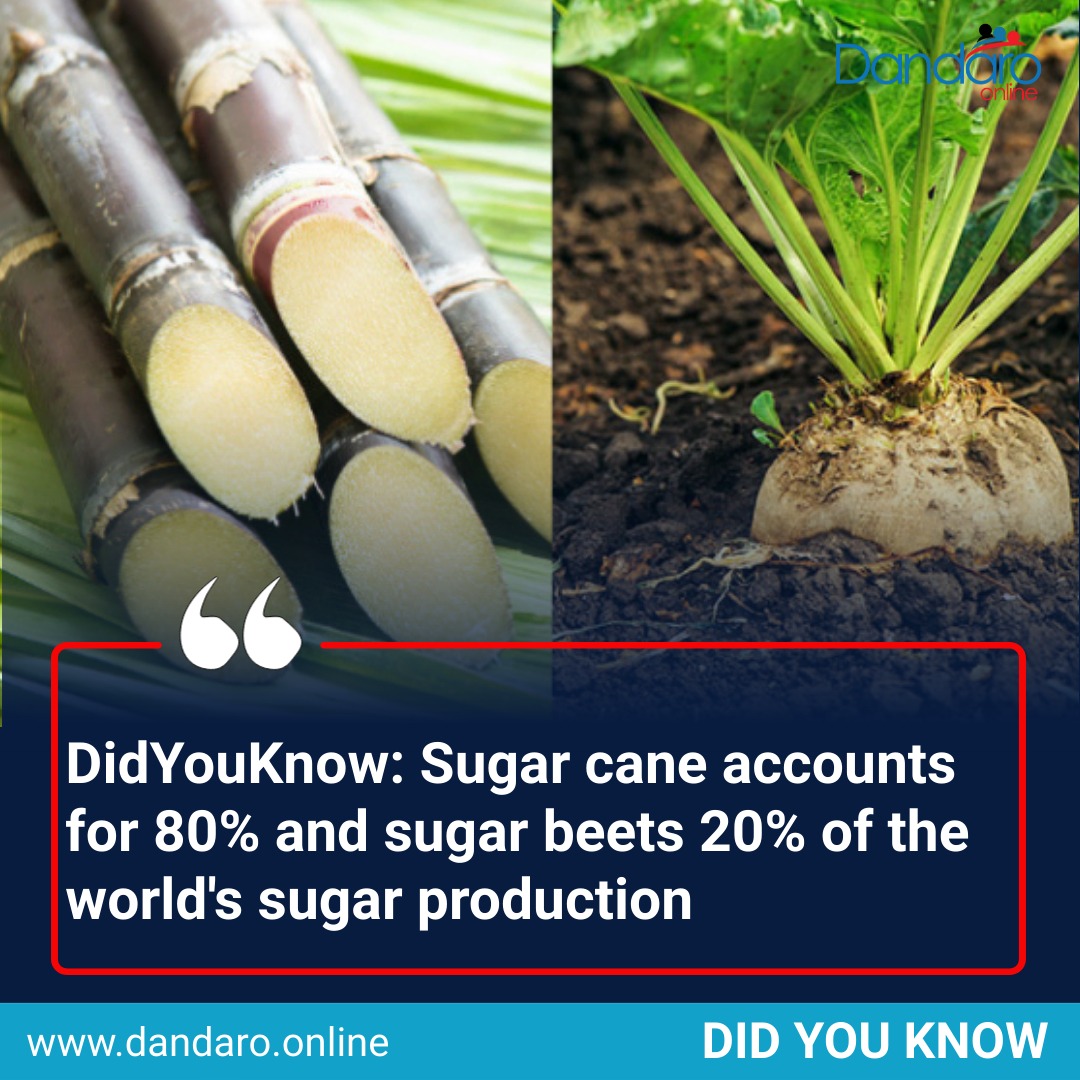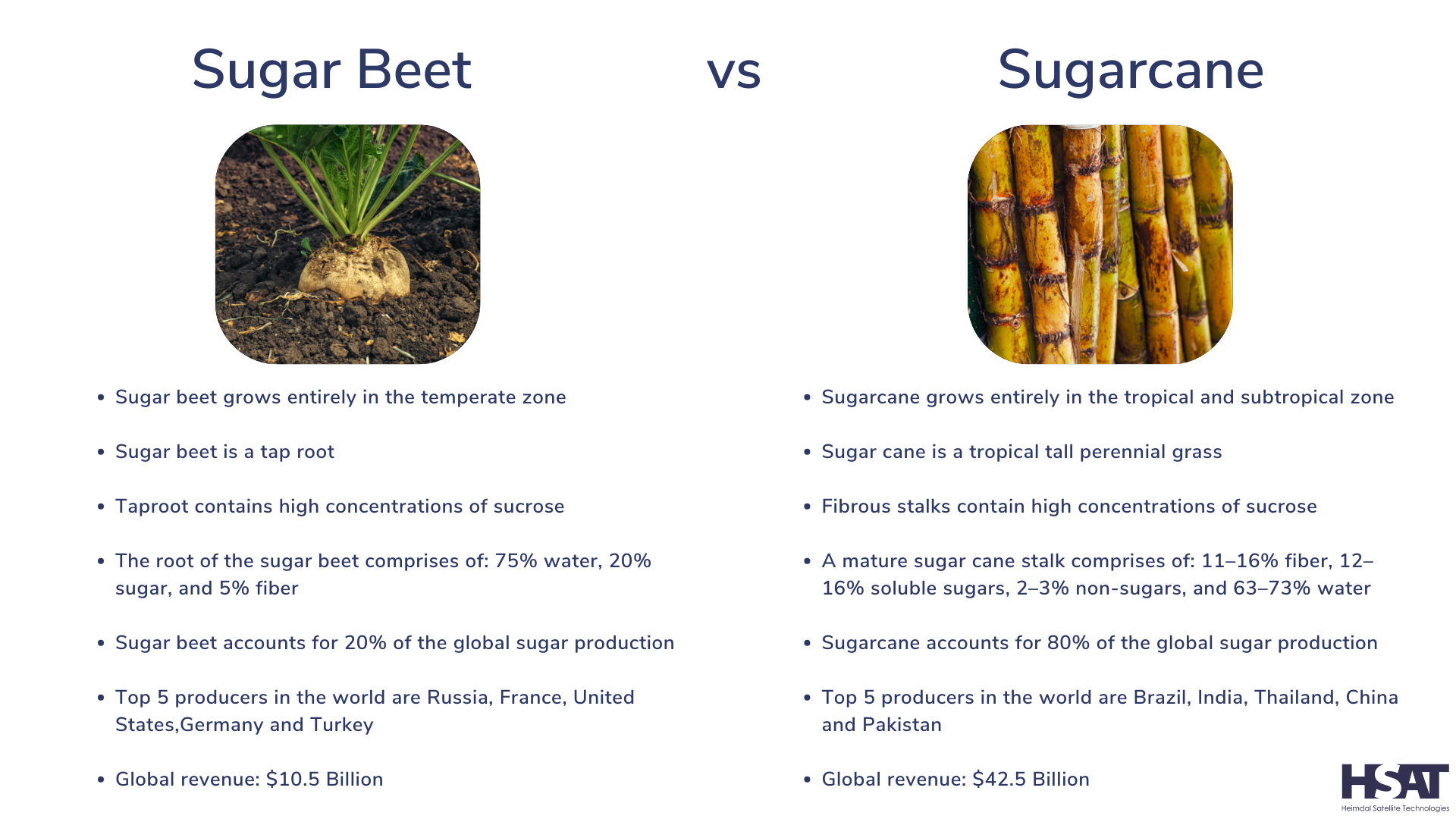Beet Sugar vs Cane: Which One Is Better for Your Health and Diet?
Beet Sugar vs Cane: Which One Is Better for Your Health and Diet?
Blog Article
The Terrific Debate: Beetroot Sugar Vs Walking Stick and Their Impact on Health And Wellness
The recurring discussion surrounding beetroot sugar and walking cane sugar raises critical concerns concerning their respective health effects and broader effects for consumer choices. This conversation invites us to think about not just the sweetness we select, however the far-reaching effects of those options on our health and the earth.
Introduction of Sugar Resources
Sugar, an extensively taken in sugar, mostly stems from two primary resources: sugar beetroots and sugar cane. These plants are grown in numerous areas around the globe, each adding to the international sugar supply in distinctive methods. Sugar walking stick thrives in subtropical and tropical environments, with significant producers including Brazil, India, and China. The plant is collected for its stalks, which are after that processed to extract juice and crystallize sugar.
Conversely, sugar beetroots are predominantly grown in warm regions, with significant manufacturing in countries such as the USA, France, and Germany. The beetroots are gathered from the ground, cut, and subjected to a procedure that transforms the extracted juice into granulated sugar. While both sugar sources inevitably generate sucrose, their farming techniques, refining approaches, and geographical circulations differ significantly.
These distinctions can influence not just the ecological influence of sugar manufacturing but likewise the financial aspects of sugar rates and profession. Recognizing the origins of these sugar is essential for customers and policymakers alike, as it lays the structure for educated conversations about their health and wellness ramifications and sustainability.
Nutritional Contrast
When taking a look at the dietary accounts of beetroot sugar and cane sugar, both resources share a comparable composition as they mainly contain sucrose. Sucrose is a disaccharide, made up of sugar and fructose, and is in charge of the sweet taste related to both sugars. The refining processes for both beetroot and walking cane sugar return products that are mostly pure sucrose, with marginal traces of vitamins, minerals, or other nutrients.
In regards to calorie material, both beetroot and cane sugars give around 4 calories per gram. Neither sort of sugar uses considerable nutritional benefits beyond power provision, as they do not have necessary vitamins or minerals. The visibility of trace components, such as magnesium, calcium, and potassium, can differ somewhat between the 2, mostly due to the agricultural methods and dirt conditions in which they are expanded.
Furthermore, the glycemic index values of beet sugar and cane sugar are equivalent, indicating similar results on blood sugar degrees. In general, from a dietary viewpoint, beet and walking cane sugars are functionally equivalent, adding mainly to calorie intake without supplying substantial wellness advantages over one an additional.
Wellness Effects
The health ramifications of consuming beetroot sugar and walking cane sugar warrant cautious consideration, specifically offered the climbing occurrence of sugar-related health issues. Both sorts of sugar add comparable calorie values and can cause enhanced dangers of excessive weight, kind 2 diabetes mellitus, and heart diseases when eaten in unwanted. The body metabolizes both sugars right into glucose, which can create spikes in blood sugar level degrees, causing insulin resistance with time.
While there is continuous discussion pertaining to the glycemic index of these sugars, research see this site studies suggest that both can adversely affect metabolic wellness if eaten in huge quantities. beet sugar vs cane. Furthermore, the possible presence of pollutants in beetroot sugar, such as chemicals from conventional farming practices, increases further health problems. Alternatively, cane sugar, especially when minimally processed, might use a somewhat a lot more beneficial profile as a result of its natural state
Moreover, the intake of added sugars, despite the source, is connected to negative health and wellness end results, including oral concerns and fatty liver condition. Consequently, moderation is important, and people should bear in mind their overall sugar consumption from all sources, ultimately prioritizing whole foods over included sugars for optimal wellness results.
Environmental Impact
Comprehending the health effects of beetroot and cane sugar also causes an evaluation of their environmental Visit Website impact, which can significantly influence farming sustainability and ecological equilibrium. Both sugar sources have unique ecological footprints, shaped by their farming techniques and geographical requirements.

In contrast, beet sugar is typically expanded in pleasant climates and often entails diverse crop rotations. This technique can enhance dirt health and reduce reliance on chemical inputs. Intensive beet farming can likewise lead to vitamins and mineral deficiency and parasite stress if not managed sustainably.
Both sugar types present challenges and chances for ecological stewardship. Promoting sustainable agricultural practices and liable sourcing can mitigate their impacts, ensuring that sugar production aligns with environmental preservation and lasting food security.
Consumer Preferences
Amidst growing recognition of wellness and environmental issues, consumer choices for sugar kinds are progressively affected by assumptions of health and wellness advantages, sustainability, and ethical sourcing. Beetroot sugar and walking stick sugar each existing unique features that appeal to various customer demographics.
Health-conscious consumers typically look at the nutritional profiles of these sugars, seeking options viewed as less processed or even more all-natural. Walking cane sugar, typically considered as the explanation typical sweetener, is occasionally favored for its regarded pureness and simpleness. In contrast, beetroot sugar, which is often derived from genetically customized crops, deals with apprehension amongst those worried concerning GMOs.
Sustainability is another substantial factor influencing consumer selections. As understanding of farming methods expands, numerous consumers choose for products that align with eco-friendly farming approaches. Walking cane sugar manufacturing, especially when sourced from lasting ranches, can appeal to eco-conscious purchasers.
Ethical sourcing plays a crucial role too, with consumers increasingly favoring products that support fair labor techniques. Qualifications such as Fair Profession can boost the beauty of walking cane sugar in the market. Inevitably, consumer preferences are formed by a complicated interplay of health, environmental, and honest considerations, driving demand for both beet and walking stick sugars in diverse markets.
Final Thought
To conclude, the dispute in between beetroot sugar and cane sugar includes numerous variables, including dietary profiles, health and wellness effects, and environmental effects. beet sugar vs cane. While both sugars mainly include sucrose and display similar calorie web content, concerns relating to pesticide use in beetroot sugar and the eco-friendly effect of cane sugar monoculture warrant cautious consideration. As customers progressively prioritize sustainability and health, educated selections pertaining to sugar consumption come to be crucial in promoting total well-being and environmental stewardship

Report this page